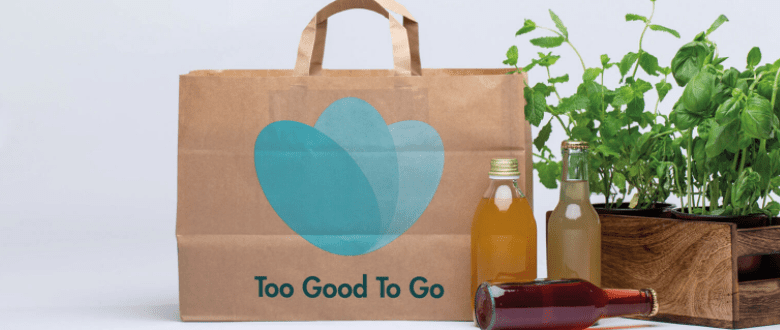Are apps the answer to tackling food waste in the hospitality industry?
Food waste accounts for more than 8% of global greenhouse gas emissions, but can a surplus food app targeted at restaurants serve as a solution?

‘Magic bags’ from the surplus food app ‘Too Good To Go’ have become something of a viral sensation across social media channels such as TikTok over the past couple of months. The 30 second videos of savvy consumers bragging about the dozens of baked goods they scored from Greggs or Costa Coffee for as little as £3 have gained thousands of views.

